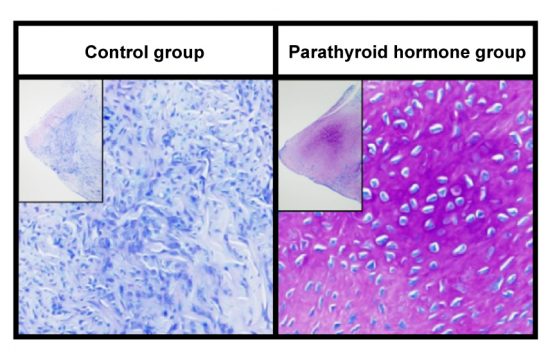
Choosing the right kind of birth control pill can be daunting, as its side effects can range from minimal to serious. Although the pill is easy to use and effective, it can affect you physically, emotionally, and even neurologically. According to a recent study published in the journalHuman Brain Mapping, the pill may be linked to thinning a woman’s brain structure, specifically the lateral orbitofrontal cortex and the posterior cingulate cortex.
The human brain reacts to sex hormones that travel throughout the body. These hormones have strong influences on the brain and nervous system, and actually play important roles when it comes to brain development and function. Estrogen affects the hippocampus, which influences long-term memory, orientation, and navigation. The hippocampus actually makes estrogens and androgens from cholesterol in the bloodstream.
This helps explain why there are differences in memory formation between men and women. A 2009 study published in the journal Acta Psychologica Sinica found women tend to have better long-term episodic memory when events or experiences tend to be verbal in nature, meaning they are associated with words that were either heard, spoken, or written. Visuospatial memory — memory associated with pictures, images, or other visual clues — is another form of episodic memory. Women tend to have better long-term memory due to the greater presence of estrogen in the body and its interaction with the brain.
For the study, Nicole Petersen, study author from the department of psychiatry and biobehavioral sciences at the University of California, Los Angeles and her colleagues recruited a total of 90 women, 44 women on combined birth control and 46 women who did not use any type of hormonal birth control, to compare the cortical thickness of brain regions. Note: One network is active when the brain is at rest and the mind is wandering, while the other is involved in processing emotional information.
The findings revealed the two brain regions, the lateral orbitofrontal cortex and the posterior cingulate cortex, were thinner in women who were on the pill compared with women in the other group. However, this does not suggest changes in cortex thickness are reflected in any actual changes in the behavior of women who take the pill. Moreover, the study does not prove taking birth control causes the thinning of the cortex.
The researchers affirm it is unknown whether the cortex would become thicker again if the women on birth control stopped taking the pill or whether it would remain the same. “Maybe you go off the pill and it persists for a week, and, by week two it is back to normal,” Petersen said, Braindecoder.com reported.
This study contradicts the results of a 2010 study published in the journal Brain Research, which found women on the pill showed larger gray matter volumes in the prefrontal cortex, pre- and postcentral gyri, the parahippocampal and fusiform gyri and temporal regions, compared to their non-pill counterparts. It was not determined whether increased gray matter translated into enhanced performance. Similar to the recent study, the findings remain inconclusive and warrant further research.
However, Petersen does stress the role of estrogen in the brain, saying “There is a ton of evidence showing that estrogen is a really important molecule for brain growth.” Petersen and her colleagues hope to conduct a clinical trial to see if there is a casual relationship between the pill and brain structure, and whether any behavior changes related to the two cortex regions can be seen.
As of now, the changes seen in brain structure may stem from either the introduction of synthetic hormones or from the decrease of natural hormones via the pill.
Source: Medicaldaily








